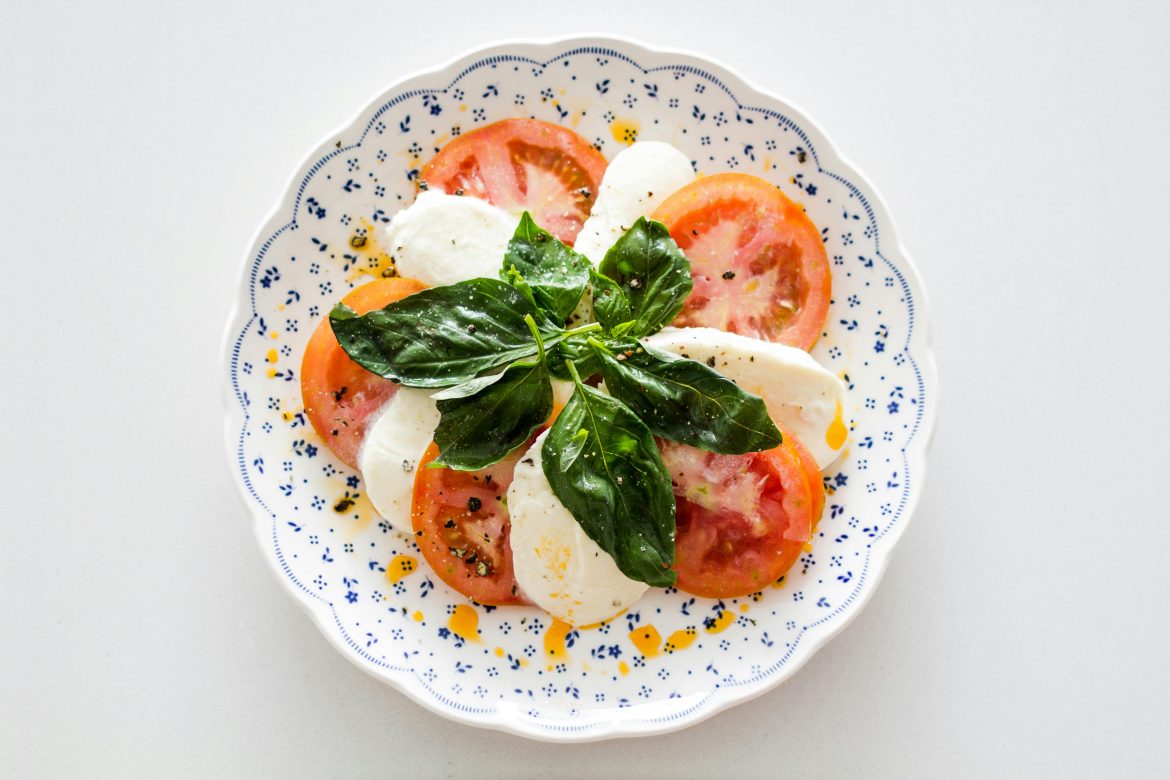Picture sun-drenched coastlines where people enjoy leisurely meals packed with colourful vegetables, succulent fish, and golden olive oil. This isn’t just a romantic scene—it’s a proven recipe for longevity and vitality.
ALSO SEE: Mackerel pasta salad
The popular Mediterranean diet celebrates fresh, flavourful foods while being good for your health. Let’s get into why this diet has seen such popular health-benefiting results worldwide:
What is the Mediterranean diet?
The Mediterranean diet isn’t about counting calories or cutting out food groups, as many diets are. It’s about enjoying whole, natural foods that nourish your body.
Mediterranean cuisine prioritises fresh fruits and vegetables, whole grains, fish, and seafood, while olive oil, nuts, and legumes add healthy fats and protein. Red meat is kept to a minimum, making it both a sustainable and heart-friendly way of eating.
Think fresh salads, herby grilled fish, chickpea-based hummus and fresh yoghurt dips. Other easy favourites are wholewheat pasta tossed with fresh tomatoes and basil, lentil soups, and roasted vegetable platters drizzled with olive oil.

Pexels / Bi Yasemin
Health benefits of the Mediterranean diet
Decades of research have shown that the Mediterranean diet offers remarkable health advantages. It significantly lowers the risk of heart disease with the use of healthier fats like olive oil, and omega-3-rich fish supports cardiovascular health.
It also reduces the chances of developing diabetes with the use of low-glycemic foods like whole grains and veggies which help maintain stable blood sugar levels.
The Mediterranean diet also supports better weight management by focusing on nutrient-dense, satisfying foods that help curb overeating. Plus, the diet may be good for combatting inflammation, too. Nuts and legumes – go-to’s in the diet – may reduce the risk of chronic conditions such as arthritis and certain cancers.
The diet’s high fiber content supports digestive health, while minimally processed foods help enhance energy levels and mood.
5 Ways to start the Mediterranean diet
You don’t need to live by the Mediterranean Sea to embrace this diet:
1. For your plate
Start with small changes, like swapping butter for olive oil in your cooking. Incorporate more fish into your weekly meals and prioritise white meats over red. Include lots of plant-based proteins like lentils or chickpeas, where you can. Pile your plate with colourful vegetables and opt for whole grains like quinoa or brown rice instead of refined ones.
Make sure you’ve always got stock of healthy Mediterranean staples like olives, feta cheese, and fresh herbs.

Pexels / Roman Odintsov
2. Snack attack
When you feel like snacking, go for fruit instead of processed options. Think figs, berries, dates and yoghurt with nuts, seeds and dark chocolate.
3. What’s in the pan?
When it comes to cooking, start with simple recipes like tomato-based pasta sauces, pesto, or homemade tzatziki. Once you’re confident you’ve got a hold on the ingredients, try cooking a traditional dish like baked eggplant with tomatoes and garlic or a simple Mediterranean-style grilled chicken.
4. Spices
For an authentic touch, explore Mediterranean spices like oregano, thyme, and za’atar.
5. Mindful eating
Most importantly, slow down and savour your meals mindfully. Appreciate the flavours and textures of your food, and give your digestive system time to kick in as you eat.
Before you consider taking up any new diet, make sure to consult with your doctor.
ALSO SEE:
Feature Image: Pexels

